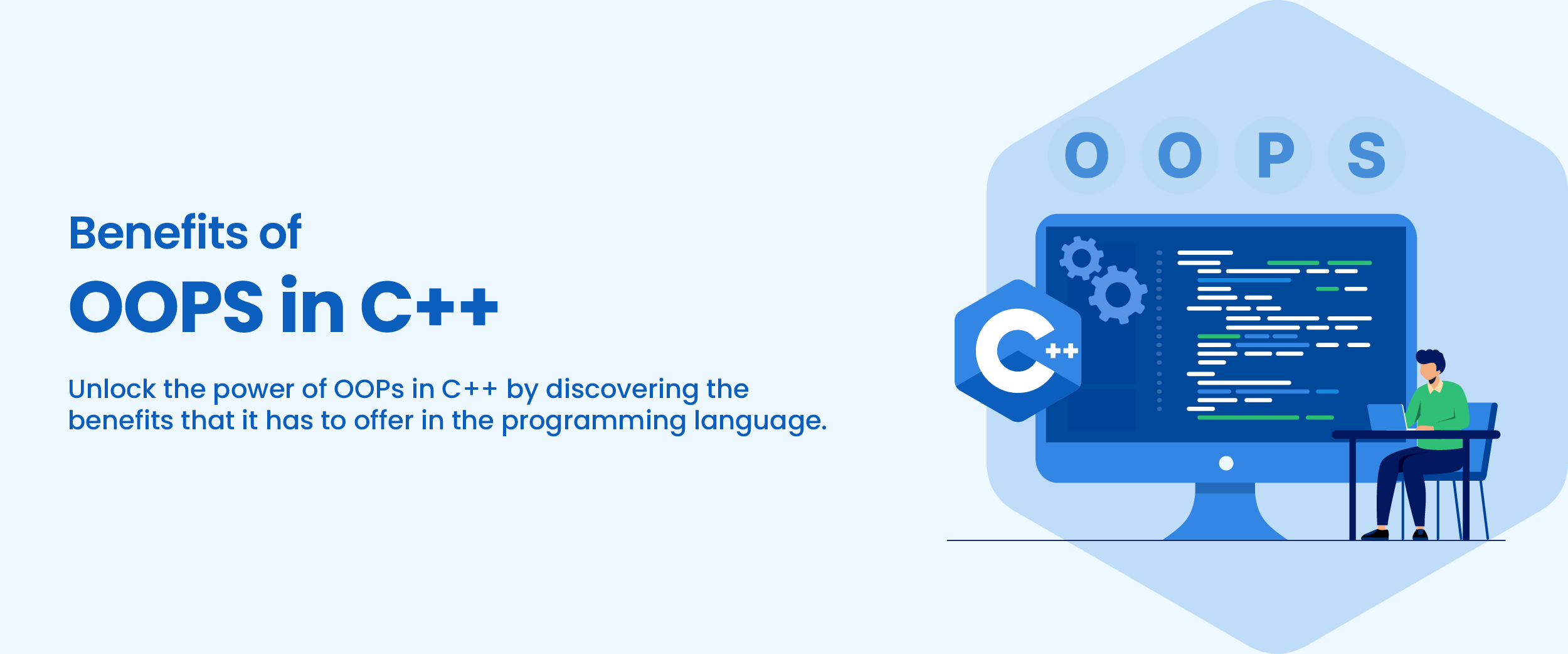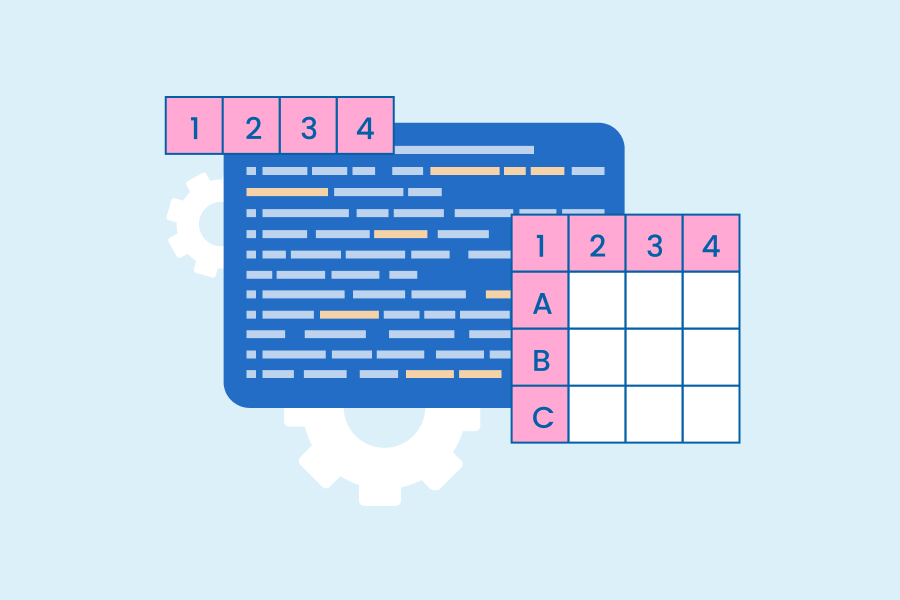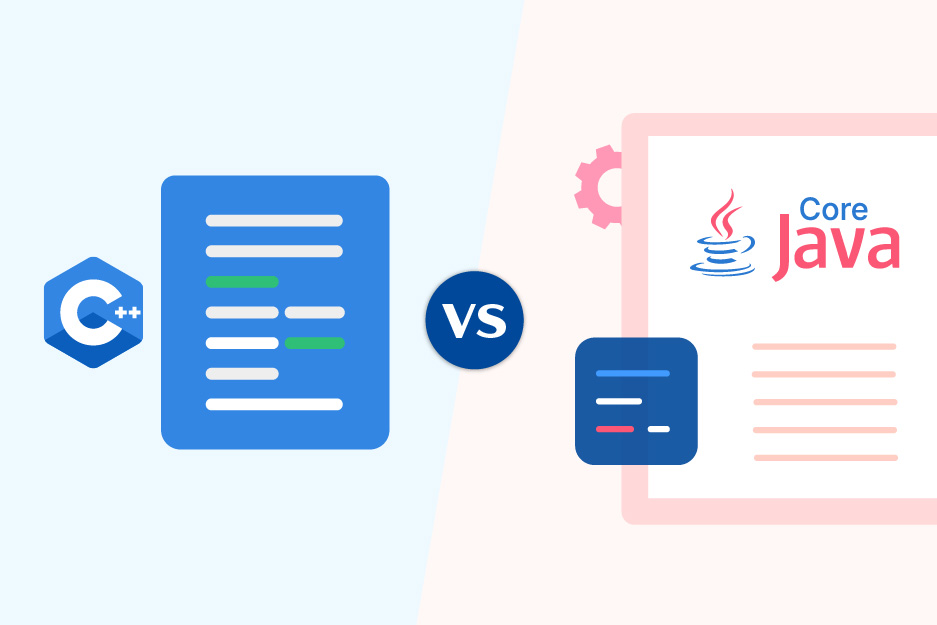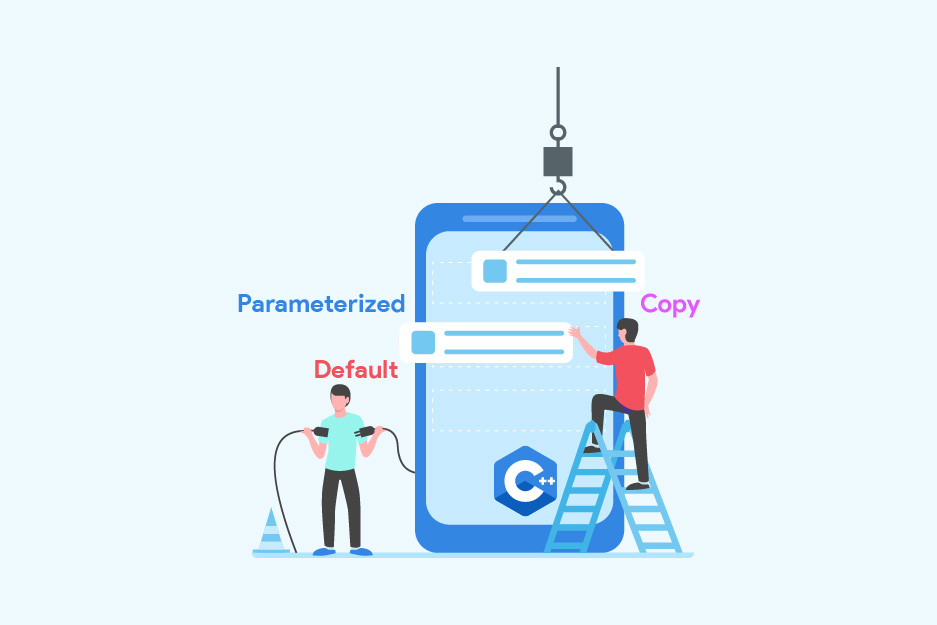Top 10 Benefits Of OOP In C++: You Must Know as a Programmer
Object Oriented Programming (OOPS) is a programming concept that has become quite popular. It offers an organized and modern approach to software development, making it simple for developers to write, execute, update, and maintain code. C++ is a programming language used for creating a wide range of applications. It supports the OOPS concept, which gives it an upper hand over other languages. In this article, we will explore the benefits of OOPS in C++.
What is OOPs (Object-Oriented Programming) in C++?
Object-oriented programming (OOP) is a software development model that uses data structures and classes to create reusable application coding blocks. OOPs in C++ allow developers to write cleaner code by utilizing the principles of abstraction, encapsulation, inheritance, and polymorphism.
By using these principles, developers can create more efficient programs with fewer lines of code. OOP also offers many advantages over traditional procedural programming, such as better flexibility when it comes to designing projects; better control over access rights; improved security through the use of encapsulation; greater productivity through consistent methodologies; and easier troubleshooting due to its modular architecture.


7 Benefits of OOP in C++
There are several advantages of OOP in C++. Some of them are as follows:
1. Easier Troubleshooting
One of the major benefits of using object-oriented programming when troubleshooting applications in C++ is its ability to help identify and isolate problems. By isolating objects, developers can more easily trace the source of an issue and determine which part of the code needs to be changed or improved.
OOPs also provide a great way for developers to test their code before going live with it. Since each object encapsulates its own data, functions, and variables, it makes testing much easier as changes only need to be made within one isolated area without affecting any other parts of the program.
2. Code Reusability
Another advantage of OOP in C++ is code reusability. Code reuse allows developers to achieve the following:
- Save time and money by avoiding having to write new sections of code each time a project needs an update or feature change.
- Reduce development costs while also improving program efficiency because with OOPs, entire blocks of code can be written once and then reused multiple times throughout the application.
- Implement changes quickly without having to worry about breaking existing functionality or duplicating efforts unnecessarily.
When it comes to implementing reusable blocks of code in C++, one way that developers can go about this is through inheritance. Inheritance involves creating classes in C++ that define their own properties and methods but also draw from other parent classes which provide additional features they don’t have on their own.
3. Data Redundancy
Data redundancy is a common issue that can occur when working with databases. It occurs when multiple copies of the same piece of data are stored in different locations, resulting in wasted disk space and potential inconsistencies between records. Although the term “redundancy” is unappealing in this context, it is nonetheless seen as one of the benefits of object-oriented programming because it minimizes the repetition of tedious tasks.
4. Code Flexibility
When an application is written with OOPs, developers will find that editing existing code becomes much easier as changes need to be made within one isolated area without affecting any other parts of the program. This means that tasks like bug fixing or adding new features can be done quickly and easily, requiring minimal effort on behalf of the developer.
Furthermore, object-oriented programming provides a modular structure for applications. This allows developers to easily scale their projects by reusing existing code or building upon existing components without having to rewrite large sections from scratch to extend their project’s functionality.
Also Read: Virtual Function In C++
5. Polymorphism Flexibility
Polymorphism is an incredibly powerful tool when it comes to coding applications in C++, allowing developers to easily create flexible and extensible programs that can be adapted for multiple purposes. In its simplest form, polymorphism is the ability of a single object or class to take on different forms depending on how it’s used. This means that you can use the same codebase but change certain aspects of its behavior based on user input or other environmental factors.
6. Better Productivity
In order to ensure better productivity when coding applications in C++, it is important for developers to employ a consistent methodology throughout the entire project. This means taking the time to plan out their program’s design before actually jumping into writing code, ensuring that all components are properly identified and structured ahead of time. This will help reduce debugging efforts later on down the line.
Furthermore, utilizing certain practices like test-driven development can help streamline development cycles by providing an automated way of testing changes made within each component.
7. Security
When coding applications in C++, security is of utmost importance. One way developers can ensure data protection and privacy within their software solutions is by utilizing encapsulation principles. These principles limit access rights between objects based on user permission levels, making it harder for outside sources (such as hackers) to gain unauthorized access. Further, these sources are stopped from manipulating data stored within the system itself.
By doing so, organizations can ensure that their customers’ valuable information remains secure despite potential threats.
Compare Java Vs C++ and explore which is better.
8. Enhanced Problem-Solving
OOP breaks down your code into smaller codes so you can work on resolving issues of one object at a time. The problematic components can be worked on separately or they can be replaced in future codes. This helps the programmers to find intuitive solutions to real-world scenarios. This also saves time because classes used for the smaller codes can be reused to solve similar problems.
9. Optimizes Software Design
Design patterns are essential components of object-oriented design that serve as guidelines for structuring code and capturing best practices. They help in resolving software design problems. Additionally, object-oriented programming increases the time span of the design phase, helping designers to create better designs.
10. Maintenance of Code
OOP is essential for programming languages as it helps in maintaining and modifying existing codes. It makes it easy for the developers or programmers to incorporate new changes into the code. Objects and classes in object-oriented programming help with easier maintenance rather than restructuring the code.
Disadvantages of OOPS in C++
Let us discuss some of the disadvantages of OOPS in C++.
- Increased Complexity with Larger Projects: Object-oriented programming emphasizes modularity, i.e., separating programs into independent pieces of code. This makes larger projects or programs difficult to maintain and understand.
- Overuse of Inheritance: When inheritance is overused in a code, it can lead to complex class hierarchies, making modification a challenging task.
- Limited Reusability: OOP can create interdependencies among the classes, leading to difficulty in reusing them in different contexts. This can affect the overall functionality of the program.
- Slower Execution: OOPS significantly increases the length of developed programs, leading to slower execution.
- Steeper Learning Curve: OOP has several concepts like polymorphism, inheritance, class, objects, and more that are challenging to grasp for beginners.
Conclusion
Object-oriented programming is an extremely powerful tool for developers when coding applications in C++. It provides easier troubleshooting, flexibility, and code reusability to make programming more efficient and effective. By taking advantage of these benefits of OOPS in C++, organizations can create flexible solutions that are both extensible and easy to maintain over time. This will help streamline the overall development process and enhance productivity.
Are you a programmer working with C++ language? Share with us how OOPs in C++ benefitted a project you worked on in the comments section below. If you are looking to revise essential C++ concepts before an interview, check out the top C++ interview questions.
With all these benefits in mind, it’s no wonder why so many developers are turning towards object-oriented programming techniques when creating their applications in C++. Learn more about the benefits and applications of OOP in C++ by pursuing a C++ course.
FAQs
OOP in C++ is essential for promoting the reusability of the code and maintaining it. This makes it easier to upgrade and update the software system in less time.
The main purpose of OOP is to structure software design around objects or data rather than logic and functions. It helps structure the software program into simple and reusable pieces of code to create individual instances of objects.
Objects and classes, inheritance, polymorphism, data abstraction, and encapsulation are the five features of OOP.
Some limitations of OOPs are:
a) Results in larger program size.
b) No restrictions on data values.
c) Consumes large amounts of memory.
d) Difficult to understand without corresponding class documentation.
Features like polymorphism, encapsulation, and inheritance make OOP unique. It allows for a single function or method to operate on multiple data types. Further, it has objects that interact with the user, making it a more efficient approach.







